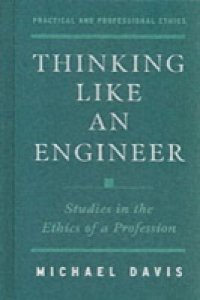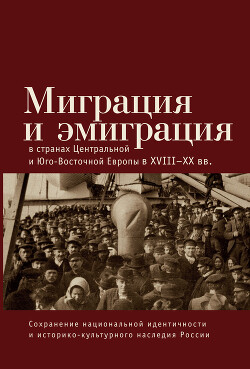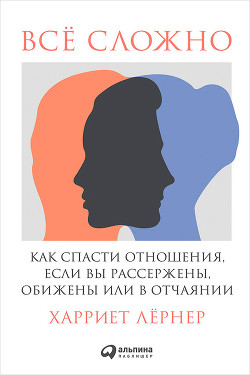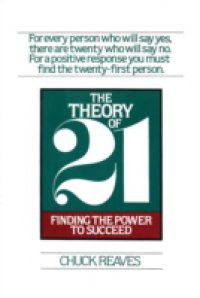Michael Davis, a leading figure in the study of professional ethics, offers here both a compelling exploration of engineering ethics and a philosophical analysis of engineering as a profession. After putting engineering in historical perspective, Davis turns to the Challenger space shuttle disaster to consider the complex relationship between engineering ideals and contemporary engineering practice. Here, Davis examines how social organization and technical requirements define how engineers should (and presumably do) think. Later chapters test his analysis of engineering judgement and autonomy empirically, engaging a range of social science research including a study of how engineers and managers work together in ten different companies.



























